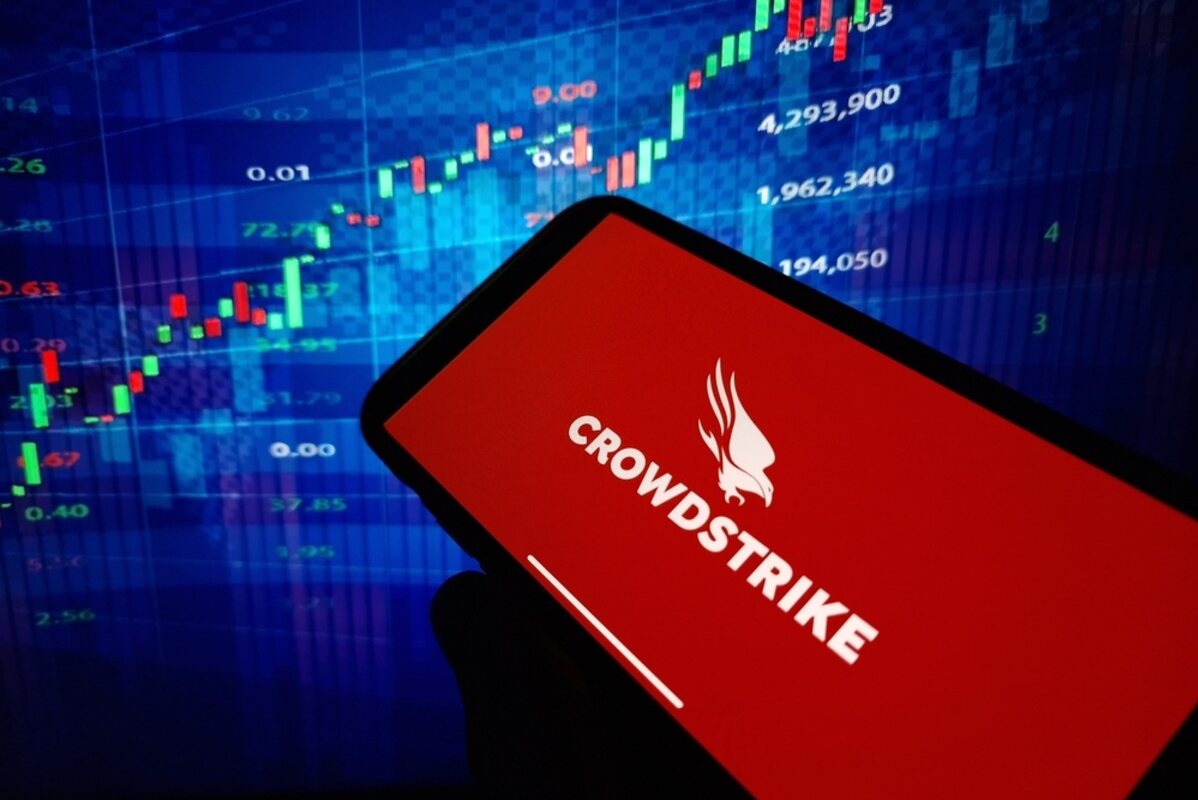Shareholders are suing the cybersecurity firm CrowdStrike after one of its software updates caused over eight million computers to crash on July 19.
The outage grounded flights, disrupted medical services, and forced some broadcasters off the air. A proposed lawsuit, filed earlier this week n Austin, Texas, accuses CrowdStrike of misleading investors about the robustness of its software testing.
Following the crash, CrowdStrike’s share price dropped 32 percent in 12 days, wiping out $25 billion in market value.
Now, investors who held shares between November 29 last year and July 29 are seeking compensation for their losses.
The legal complaint highlights statements made by CrowdStrike CEO George Kurtz during a March 5 conference call, where he claimed the company’s software was “validated, tested and certified.”
Read more: Who really got CrowdStrike’s $10 Uber Eats apology?
In response, CrowdStrike said it believes the case “lacks merit” and vowed to “vigorously defend the company.”
However, the tech firm may face additional lawsuits, including from Delta Air Lines, which estimates the outage cost them around $500 million in lost revenue and passenger compensation.
On July 19, a major software failure had crippled the computer systems of vital infrastructure and services globally, including emergency response, financial institutions, and airports. The problem had stemmed from software produced by CrowdStrike. Reports had indicated that Microsoft Windows systems were unable to start up, resulting in extensive disruptions.
$5 billion impact on Fortune 500
The service disruption incident, which affected an estimated 1 percent of Windows PCs globally, has been estimated to have cost $5 billion just across Fortune 500 companies. Despite this substantial financial impact, the company’s most visible public response, beyond restoring service, was to provide $10 meal delivery vouchers to its “employees and contractors” as appreciation for their efforts in resolving the disruption. However, the delivery service promptly blocked the distribution of these vouchers due to concerns over potential fraud.
For more news on technology, click here.




